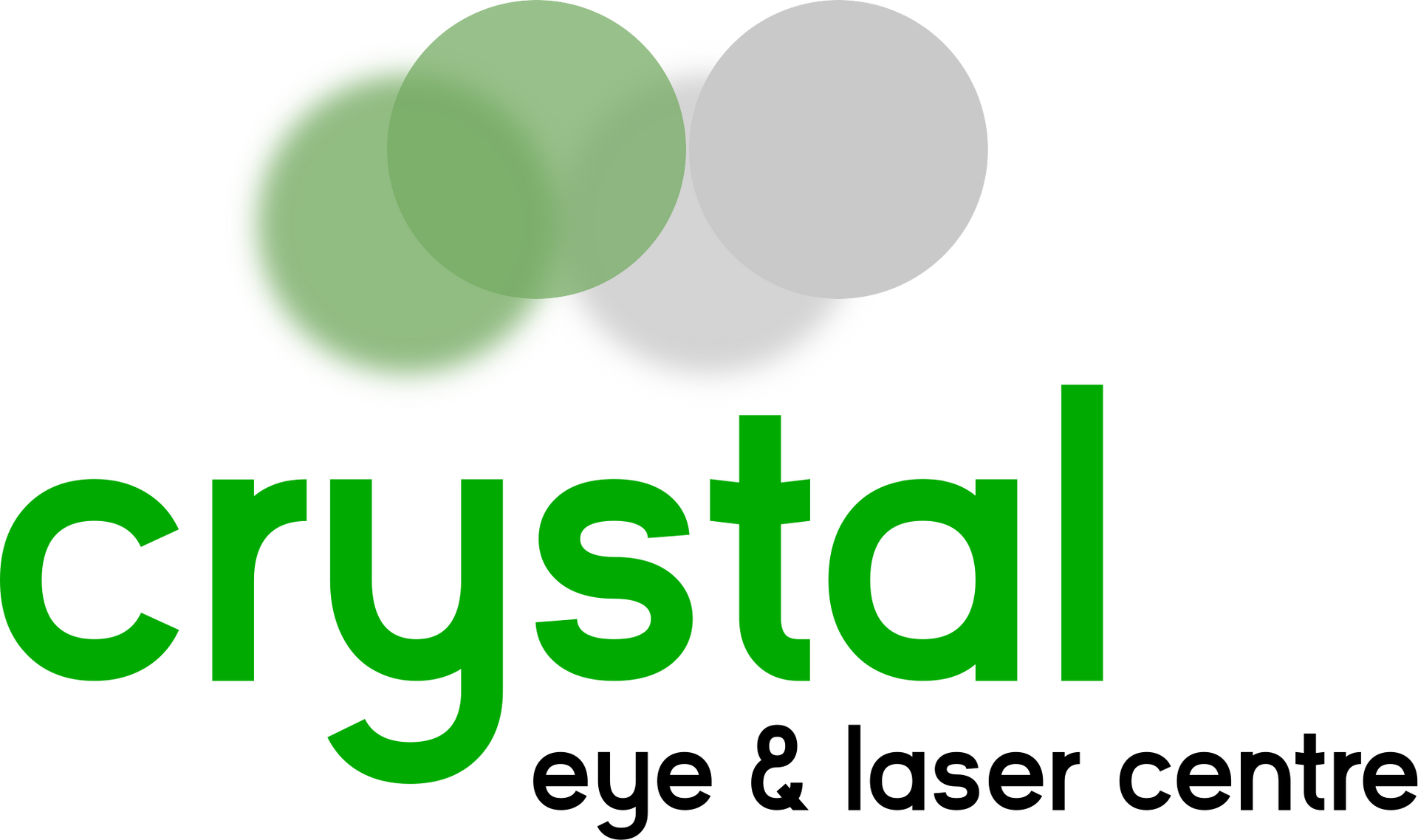LASIK
Sharp vision is something everyone desires. Not all of us, however, have good eyesight. Eye conditions such as near-sightedness, farsightedness and astigmatism, so-called refractive errors, are very common.
Over half the world’s population relies on glasses or contact lenses to see well. For many people, they are a suitable solution. Others consider them an inconvenience that interferes with their daily lives. They want to enjoy good vision without needing to wear glasses or contacts.
Today, most refractive errors can be effectively treated with Laser Eye Surgery. LASIK, and its advanced form Femto-LASIK are very widely performed procedures.
What is LASIK (Laser In Situ Keratomileuses) and how does it work?
- In LASIK laser vision correction 2 different lasers are used; one to create a thin flap on the cornea and another to reshape the cornea to treat your spectacle error.
- First, the surgeon uses the Carl Zeiss Visumax 800 femtosecond laser, the world’s most advanced eye laser system, to create a micro-thin flap of corneal tissue on the top surface of your eye.
- The surgeon then folds it back to reveal the internal surface of the cornea.
- The LASIK flap is created in less than 10 seconds and is completely painless.
- Then the surgeon moves the bed from the femtosecond laser to the second excimer laser which then reshapes the cornea, before replacing the flap.
- There’s no need for stitches: natural forces hold the flap in place until surface healing is complete – usually within 12 to 24 hours.
LASIK suitability criteria
In modern LASIK we can safely correct prescriptions of:
- Myopia or near-sightedness up to -8 units
- Hyperopia or far-sightedness up to +6 units
- Astigmatism up to -6 units
For patients who do not fall into the suitability criteria it does not mean that your vision cannot be corrected. We usually offer other laser options like SMILE Pro or PRK. In other cases it might be more suitable to undergo lens based vision correction surgery like ICL or Clear Lens Replacement surgery.
- To be eligible for LASIK you must be over 18 years of age. During your preoperative assessment we will examine a multitude of other factors both directly relating to obtaining the highest possible accuracy in your vision correction but also relating to the general health of your eye.
- You should have a stable spectacle prescription for at least 12 months that have not significantly changed by more than 0.5 units.
- Your cornea should be of a suitable thickness as the LASIK procedure sculpts the eye and removes corneal tissue. It is advisable that a cornea is at least half a millimetre or 500 microns thick though exceptions can be made in certain circumstances
Certain conditions may affect your suitability for surgery or require more specialised care, create additional risks or complications and alter the requirements for postoperative healing. These include, but are not limited to:
- Certain degenerative diseases of the cornea like keratoconus
- Severely dry eyes
- Certain auto-immune conditions (e.g. lupus, rheumatoid arthritis, poorly controlled diabetes)
- Pregnancy and nursing
During your preoperative consultation you will be asked about your medical history in detail as well as any medications you may be taking. If you have a condition that could affect the process of laser eye surgery your clinical team will discuss these with you and recommend the appropriate additional measures.
LASIK laser eye surgery at a glance
01
Generally quick visual recovery
02
Most frequently performed laser eye surgery procedure
03
Treatment standard for more than 20 years
04
Widely available and performed by many surgeons worldwide
05
Widely available and performed by many surgeons worldwide
With LASIK, a flap is created and folded back.
Advantages of LASIK
- Extremely accurate and precise up to 0.01 optical units
- The whole LASIK procedure is completely painless
- In total the whole LASIK procedure is less than 10 minutes
- Recovery is usually within 6 hours and patients can expect excellent vision Day 1 post surgery
- Freedom from glasses or contact lenses
- The procedure is bladeless and 100% performed with lasers
- The risk of blindness from contact lenses is eliminated
- Recreational activities can be performed without glasses or contact lenses
- LASIK can save you the time and effort of cleaning, removing and inserting contact lenses
- The accumulated costs of maintaining and replacing glasses or lenses is significantly reduced over time
- Some patients also value the cosmetic or aesthetic benefits of being free from glasses
FAQ
Frequently Asked Questions
If you are considering LASIK surgery, you probably have many questions.
Some of the most frequent ones are addressed here.
This information is not intended to replace consultation with your eye surgeon.
Is LASIK laser eye surgery right for me?
Eligibility for Laser Vision Correction depends on many factors. Only your eye doctor can determine whether LASIK, Femto-LASIK or possibly another treatment option is best suited for you
What advantages does LASIK laser eye surgery offer?
The fast and highly precise femtosecond laser enables the surgeon to quickly and predictably create a hinged corneal flap without a blade. The patient is then comfortably relocated to the excimer laser to complete the treatment.
Is it safe?
Complications after LASIK or Femto-LASIK surgery are rare, but cannot be completely ruled out. As with all medical procedures, there is always a risk of possible side effects. Your eye doctor will discuss these with you.
How do I prepare?
If you wear contact lenses, most surgeons recommend switching to glasses a few weeks before surgery. You are advised not to apply makeup, lotions or perfume the day you have surgery. Also, it is suggested that you arrange to have someone bring you home afterward.
How long does the procedure take?
The treatment procedure itself only takes about 10- 15 minutes for both eyes.
What happens after surgery?
A protective bandage or eye shield is placed over the eye to avoid rubbing it. Eye drops and possibly other medication may be prescribed to prevent infection and aid the healing process. A post-op examination the next day is customary, as are further examinations for the following weeks or months.
When can I return to my normal activities?
You will be able to resume most of your normal activities and return to work within the first week.
How long is the recovery time?
Complete visual recovery usually takes two to three weeks.
What does it cost?
The cost of LASIK at Crystal Eye and Laser Centre is $7200. Most insurance companies do not cover the procedure costs but certain health insurers cover the whole cost or part of the cost on certain plans.
Own Your Vision in 3 Easy Steps

1. Reach Out
It's super easy. Drop us a line by phone, email, or via the contact form and let's set up a time to get together.
2. Let's Meet
Let's get together so we can learn more about each other. Once we learn about your personality, lifestyle and hobbies we will come up with an individual treatment plan tailored to you and your needs.

3. Enjoy Crystal Clear Vision!
Before you know it you'll be enjoying a life free from the hassle of glasses or contact lenses!


